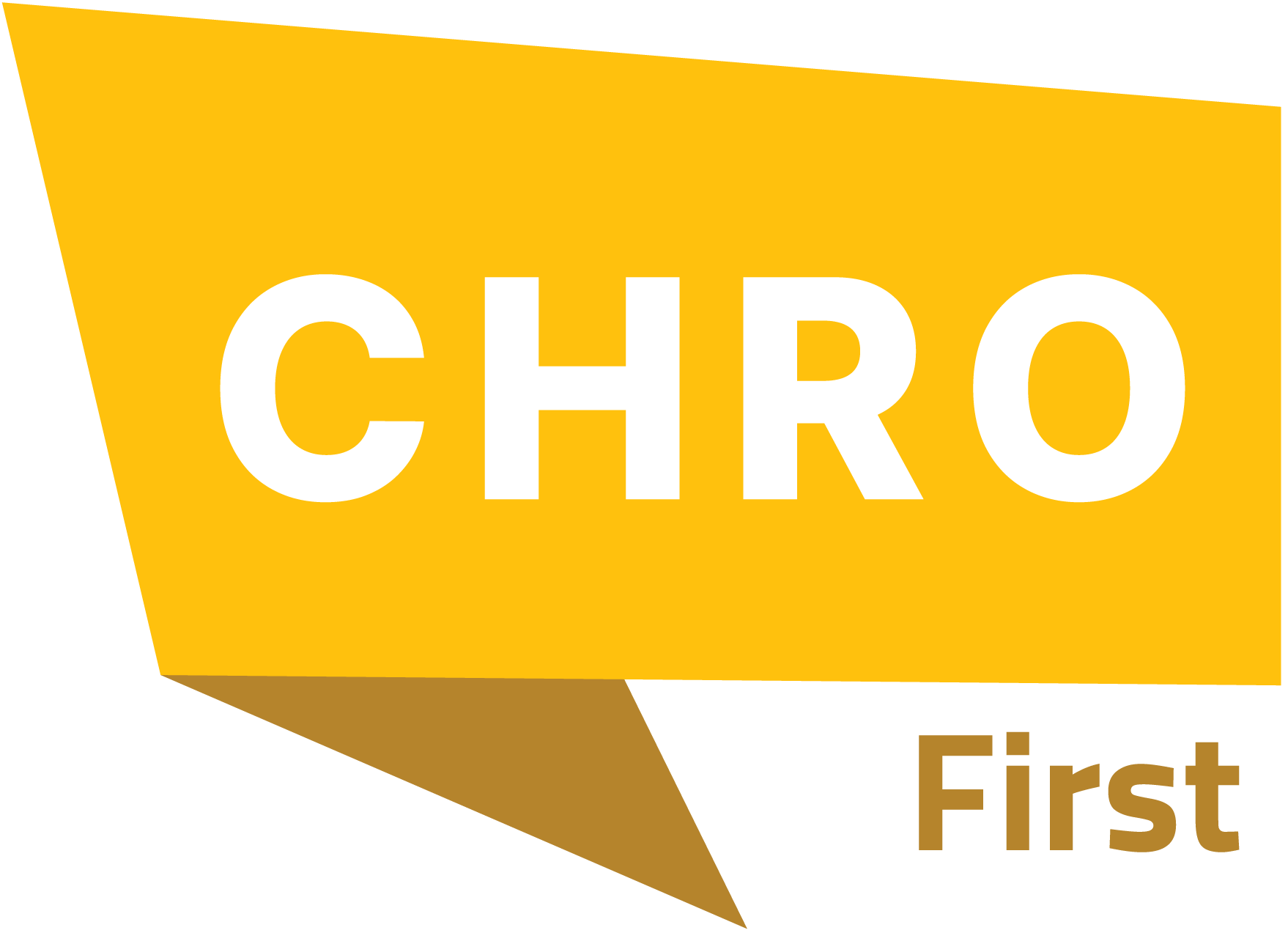A new report from ADP, reveals that artificial intelligence (AI) will reshape the world of human resources (HR) by 2026, driving profound changes across skills development, governance, and how work will be structured.
What the Report Predicts: Key Trends for HR in 2026
According to ADP’s 2026 HR Trends Guide, organizations are shifting to a skills-based job design. They are using data and technology to compare current skills with future needs in an AI-driven world.
This change is more than just filling roles. It’s about rethinking work processes and aligning talent with business goals.
Another key point is the rise of agentic AI. These systems handle complex workflows. They analyze HR data, confirm payroll, and automate onboarding. Still, ADP emphasizes the need for human oversight. Humans must set goals, review important decisions, and guide AI actions.
On the regulatory side, ADP warns that AI use in HR needs strong governance. As AI tools play a bigger role in decision-making, companies need to set clear policies. They should also ensure transparency and keep audit abilities in place.
Pay transparency is also set to become even more prominent, ADP points out that new pay-equity and disclosure laws (especially in the EU, but also in several U.S. states) will push companies to reevaluate how they communicate compensation, advancement opportunities, and gender pay gaps.
Finally, ADP emphasizes that HR and IT must work closely together: AI adoption isn’t just a technology effort but a people-technology partnership. As AI becomes more deeply embedded in HR workflows, IT teams will play a critical role, but HR leaders will be responsible for guiding ethical use, adoption, and the human impact.
What is the Impact on the HR Industry
- From Administrative to Strategic
As AI handles more routine HR tasks, like data validation and onboarding, HR pros can focus on strategy. Their roles will shift to emphasize skill development, culture building, and leading AI-driven change.
- Governance & Trust Are Key
With the rise of agentic AI, HR teams need solid governance models. This involves more than just error-checking AI. It’s about building trust, ensuring transparency, and using AI tools ethically. HR leaders must collaborate with compliance, legal, and IT teams to manage this.
- Reskilling Is Essential
Job design is changing to focus on skills. Companies must invest in upskilling and reskilling workers. HR will create competency frameworks. They will identify key emerging skills and support ongoing learning as roles evolve.
- Closer Collaboration Between HR and IT
AI adoption in HR requires HR and IT leaders to work closely together. IT handles deployment, integration, and security. HR focuses on guiding adoption and aligning AI tools with people strategy. This partnership may change how HR and tech teams collaborate for good.
Also Read: Freshworks Unveils Enhanced AI Capabilities to Boost Employee Experience and Simplify IT Service
How Will It Affect Businesses
Operational Efficiency & Innovation
By 2026, companies that use AI wisely in HR may see major productivity gains. Automated workflows, from hiring to payroll and performance reviews, help HR run smoothly. This lets HR focus on innovation, talent development, and strategic goals.
Risk Reduction & Compliance
Proactive governance and clear AI use can help companies avoid bias and unfair decisions. As pay-transparency laws grow, firms that prepare early will better meet regulations. This approach also builds trust with employees.
Talent Attraction & Engagement
Organizations that use skills-based design and AI in HR can gain a talent edge. Employees want chances to grow, clear job roles, and flexible career paths that adapt to changing business needs.
Culture Change & Trust Building
AI is becoming more important in HR. Companies must consider how employees feel about it. Building trust is essential. This can be done through transparent practices, meaningful human oversight, and clear communication. These steps will help in successful adoption.
Conclusion
ADP’s 2026 HR Trends Guide makes it clear: AI innovation is poised to redefine HR in just a few years. Leaders who embrace agentic AI, build strong governance, and realign their talent strategies around skills will not just adapt, they’ll have the opportunity to lead. For businesses, this is more than just automation; it’s a fundamental shift in how work, talent, and technology intersect in the future.


